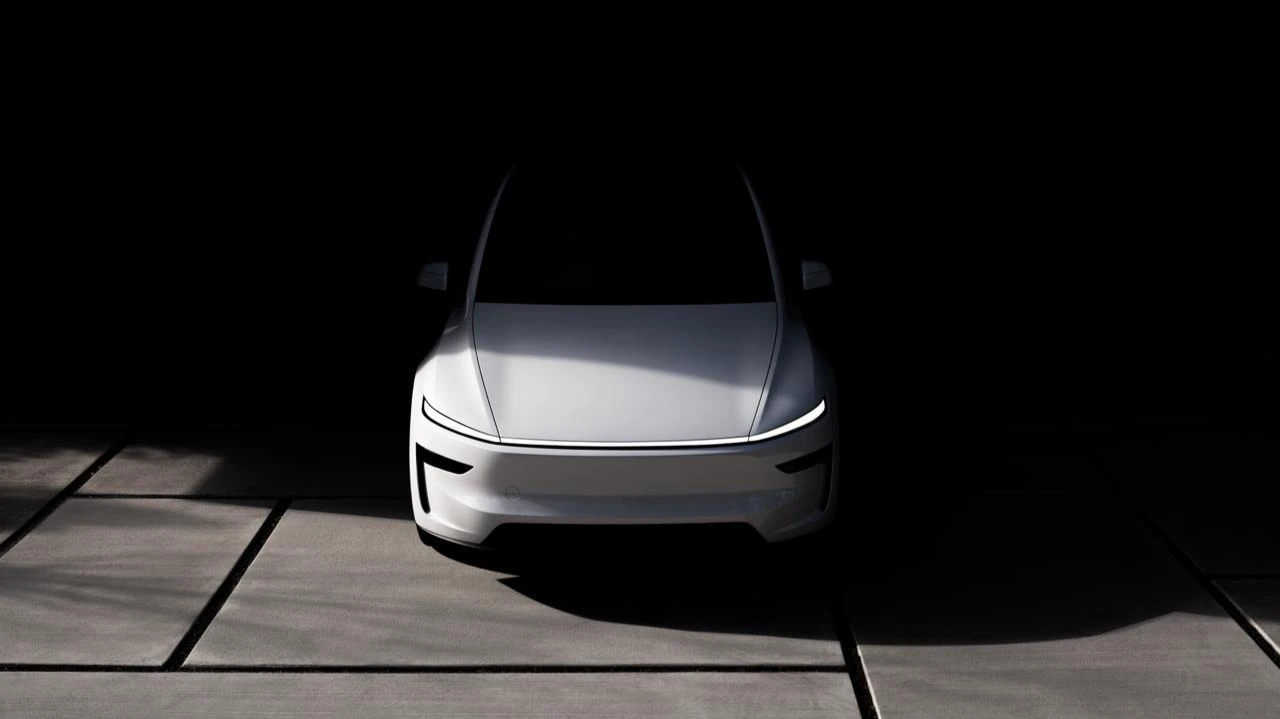New Tesla has delivered itself from the factory to the customer for the first time - Musk
The vehicle was not remotely controlled by the test driver or operator at this time

Tesla Model Y electric car for the first time independently drove from the company's Texas factory near Austin to the buyer's house, Ilon Musk said. No one was in the cabin of the car. This comes just a week after the electric car maker began testing its unmanned cabs in Austin. Wedbush called Tesla's autonomous driving technology a reason to double its capitalization to $2 trillion. But not everyone shares this optimism.
Details
"The first fully autonomous delivery of a Tesla Model Y - from the factory to the customer's home across the city, including highways - was successfully completed one day ahead of schedule!", Tesla CEO Ilon Musk wrote on his social media page X.
The electric car that passed Austin was not remotely controlled by test drivers or operators: the car did everything by itself, Musk explained. He hasn't released any photos or video, but promised that footage would be coming soon. The delivery happened a day earlier than Musk announced: it was scheduled for June 28 - which is his 54th birthday, noted Bloomberg.
Human-free delivery was an evolution of the technology that Tesla first demonstrated in April, when showed how cars autonomously drive themselves off the assembly line of a Texas factory to logistics sites, Bloomberg writes. It is not yet known whether such autonomous deliveries will become a significant part of the company's operating business, the agency writes.
Tesla did not respond to Bloomberg's request for comment.
Context
This isn't Tesla's first drone launch in Austin. Just under a week ago, the company began testing its unmanned cabs in city conditions. However, they're all driving so far under the control of drivers sitting in the passenger seat. Already on the first day of the trips, judging by the published videos of the ride analysts and bloggers published, the robot cabs began to violate traffic rules: for example, in one of the videos, the electric car apparently drove in the oncoming lane and then crossed two solid lines.
Musk announced both initiatives back in early June, saying that Tesla plans to eventually put millions of robot cabs on the roads. Tesla's first unmanned delivery highlights how big a bet Musk has placed on artificial intelligence and robotics as the foundation of the company's future, Bloomberg notes. That's especially important amid declining sales in key regions - North America, Europe and China.
What the analysts are saying
Wedbush analyst Dan Ives predicted even before the robotaxi launch that the technology would propel the company to a market capitalization of $2 trillion, nearly double its current value. "We view this autonomous chapter as one of the most important for Musk and Tesla in the company's history," Ives wrote in a note, published June 21.
Benchmark analyst Mickey Legg predicted a 45% rise in Tesla stock thanks to robotaxis. In his opinion, Tesla's unmanned cab service will beat Google's Waymo competitor on value for money: the average cost of a Waymo car is over six figures - more expensive than producing a Model Y.
JPMorgan analyst Ryan Brinkman recommended on June 9 to lock in profits on Tesla shares and use those funds to move into the securities of several auto-parts makers such as Aptiv and BorgWarner, believing they would provide more upside. And Colin Langan of Wells Fargo predicted that potential drivers, such as the launch of an unmanned cab service in Texas, are no longer enough to offset weak auto sales. The analyst expects the stock to fall to $120.
This article was AI-translated and verified by a human editor
